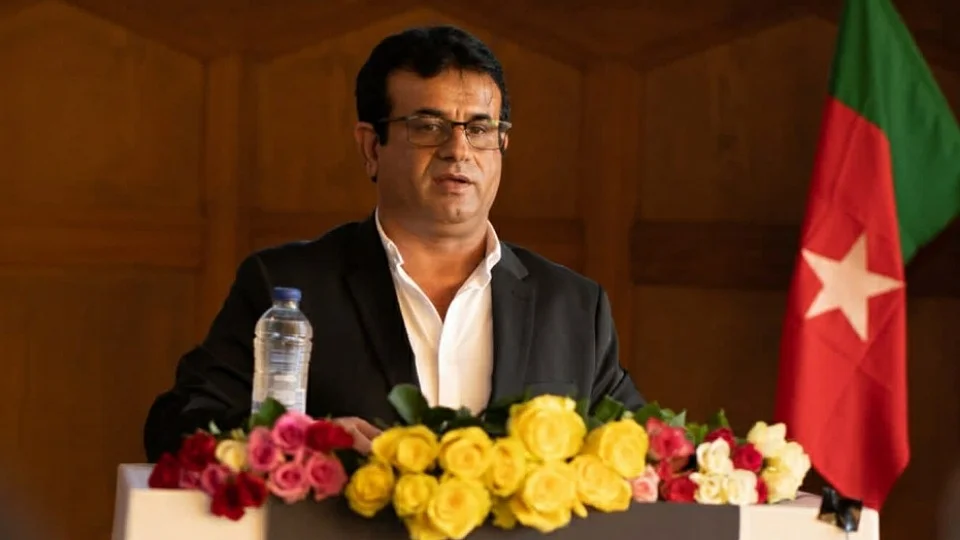
Dr. Naseem Baloch, Chairman of the Baloch National Movement (BNM), reacting to the recent India-Pakistan tensions, stated that the conflict between India and Pakistan is not merely a bilateral dispute between two states but a continuation of the historical tragedy of the Partition of India. The repercussions of this event are still being borne by the entire region, including Balochistan. The Partition disrupted the ancient states, peoples, and prospects for lasting peace and stability permanently. As a result, the region remains overshadowed by intermittent hot and cold conflicts.
He pointed out that India’s limited and vague attacks on Pakistan, announcements of ceasefires, and the rhetoric about victories and defeats are overlooking a crucial fact: the Baloch, Pashtun, Sindhi, and Kashmiri peoples have clearly stated that this conflict is between the Pakistani Punjabi establishment and the Indian state, and that the occupied peoples are not involved.
Dr. Naseem Baloch emphasized that if India genuinely desires lasting peace, sustainable development, and the permanent end of Pakistani terrorism in the region, it must move beyond reliance on limited military actions. Instead, it should develop a clear roadmap that takes into account the region’s core political dynamics, the status of the occupied nations, and the regional balance of power. Without a solid and comprehensive political-military analysis, it is impossible to weaken a nuclear-armed, ideologically extremist state like Pakistan through limited strikes alone.
He further explained that Mountbatten’s plan is like a dagger embedded deep in the subcontinent’s heart, still bleeding today. Until this historic injustice and mistake are acknowledged, a correct analysis and effective resolution of the current situation will remain unattainable. Pakistan is an unnatural state, established on the lands of ancient nations through a hateful ideology and imperialist designs. It is a state whose entire resources, including nuclear weapons, are controlled by an extremist military that poses a persistent threat not only to India but to the entire region and global peace.
He also condemned the terrorist attack in Pahalgam, carried out with the backing of the Pakistani state, which resulted in the massacre of innocent civilians. This is part of a broader policy where terrorism serves as a central pillar of Pakistan’s internal and external strategy. The state operates an organized nursery of terrorism, providing financial, ideological, and military support at the highest level. Even when incidents like the killing of close associates of global terrorist Maulana Masood Azhar occur, Pakistan’s military leadership openly participates in their funerals, openly signaling that state-sponsored terrorism will continue unabated.
Dr. Naseem Baloch concluded that ending terrorism, achieving peace and stability, and fostering sustainable development in the region is not possible until the historical political mistakes of August 14, 1947, are acknowledged. This includes a serious analysis of the structural contradictions within the unnatural state of Pakistan and official recognition of the historical status, national identity, and struggle for freedom of the region’s occupied nations, especially Balochistan. This is the only path that can lead the region out of endless conflict, terrorism, and instability toward a peaceful, balanced, and prosperous future.